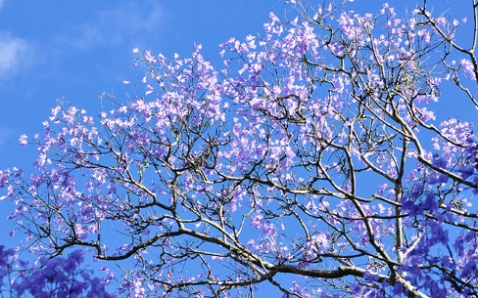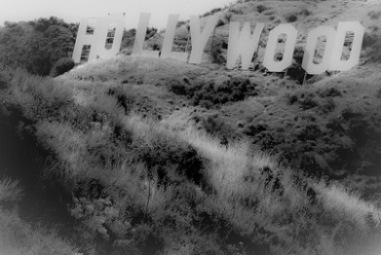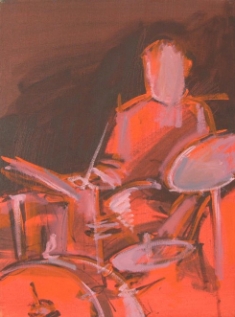
Hot Enough
by Bonnie Proudfoot
not a spark
but a blaze,
not a welding torch
but a glass furnace
molten and glowing,
heat like an express train
across the tongue
down the throat, not
Chet Baker or Stan Getz,
but Arnett Cobb, Pharoah Saunders
not Ringo but Gene Krupa,
Buddy Rich, a box set
of surprises,
better to surrender.
Hot enough for you?
my neighbor asks.
No, of course not.
Give me ghost peppers,
Carolina reapers,
keep that Frank’s off the table,
kiss with your teeth.
Previously published in the New Ohio Review (Autumn 2022 Online edition).
PHOTO: Mighty Taco Hot Sauce, available at citymade.com.
NOTE FROM THE AUTHOR: Now that I look at it, this poem seems almost autobiographical. I grew up in Queens, New York, and often as a teenager, met up with friends and took the express train to Greenwich Village to hear live Jazz. I landed in Buffalo for college, a town that not only had a 24-hour jazz radio station (WBFO-FM), but also a red-hot jazz nightclub (The Tralfamadore Cafe) and an all-night taco joint (Mighty Taco) on the same block. Anyone who could eat an entire burrito with their XXX hot sauce got their burrito free. Say no more! My lifelong passion for hot peppers blossomed, side by side with a deeper awareness of jazz on Main Street in Buffalo during the 1970s. These days in Ohio, I grow some variety of hot peppers every year, (scotch bonnets, Carolina reapers, habaneros, even tiny Thai peppers, and jalapeños), each has its own kind of heat. Sometimes I pop them into pickles, sometimes pasta sauce, always chili, homemade salsa, even potato salad, or omelets. And every year someone mocks me for planting peppers that scorch the palate. “Hot enough for you?” say all the cynics, but that is just fine with me. Jazz-wise, what are the hottest instruments? Certainly the drums, the horns too, but of course, as with spice and heat, that’s all a matter of taste and temperament.

ABOUT THE AUTHOR: Bonnie Proudfoot lives in Athens, Ohio. She has published fiction, essays, reviews, and poetry in a variety of journals and anthologies. Her writing has been nominated for a Pushcart Prize and Best of the Net. Her debut novel, Goshen Road (Swallow Press), was the 2022 WCONA Book of the Year, and was long-listed for the 2021 PEN/ Hemingway. Her first chapbook of poems, Household Gods (Sheila-Na-Gig Editions), was released in September 2022. She currently teaches part-time for the Department of English at West Virginia University.










